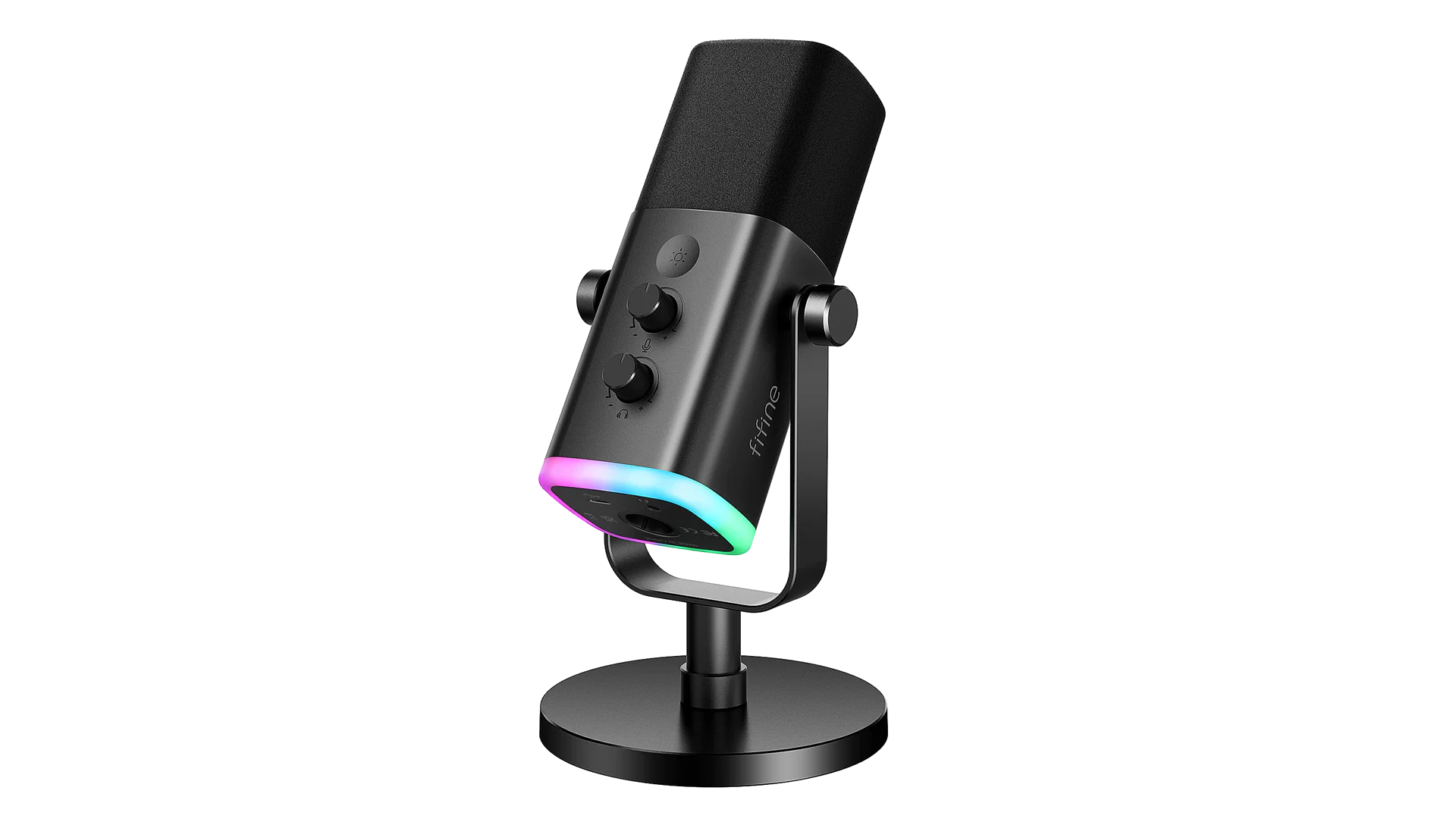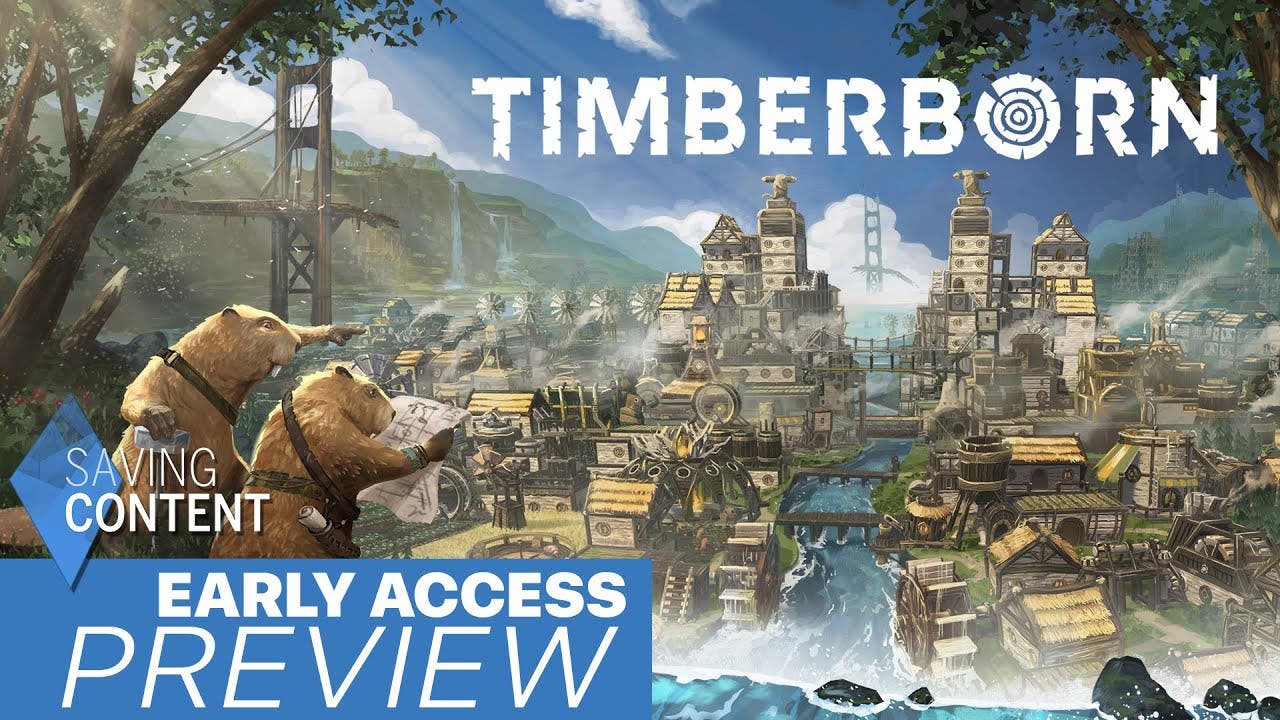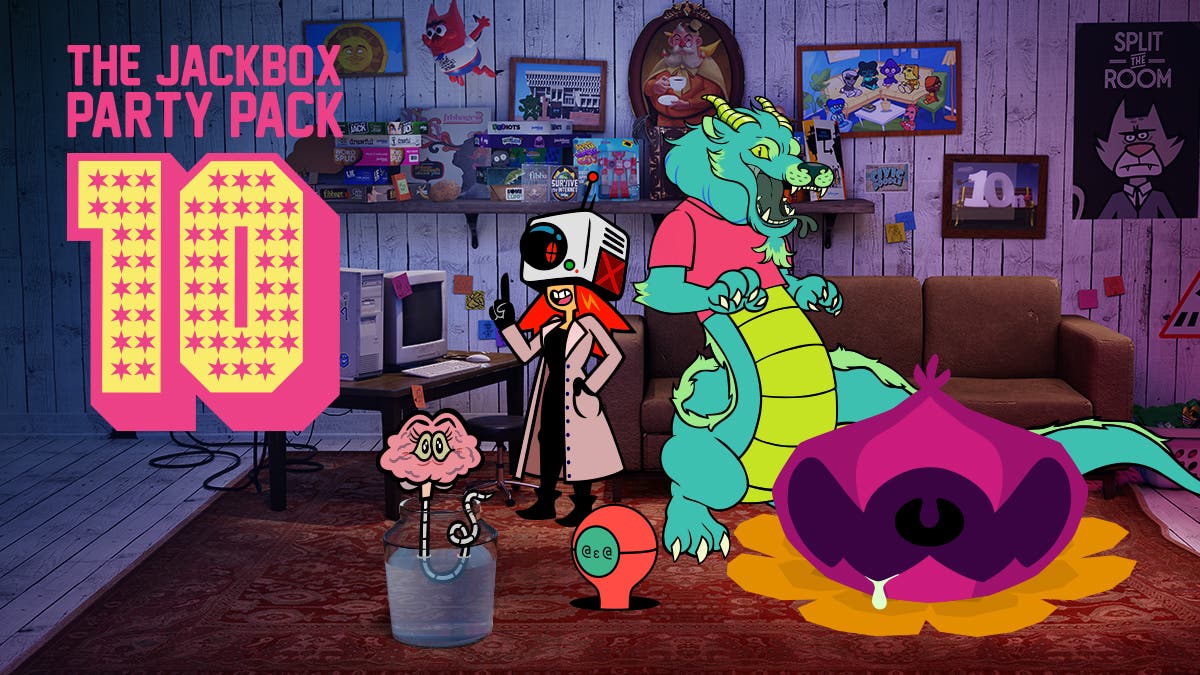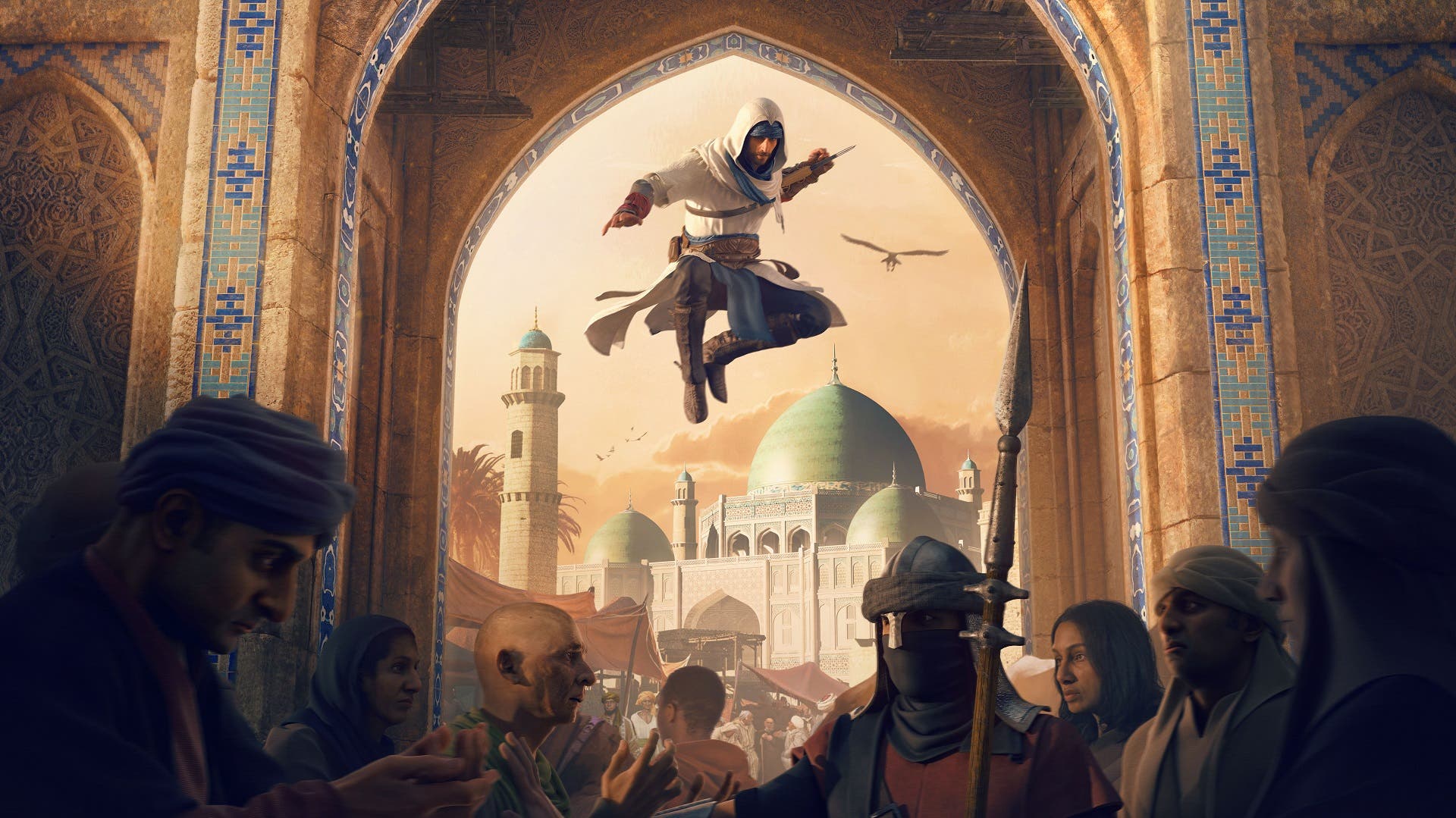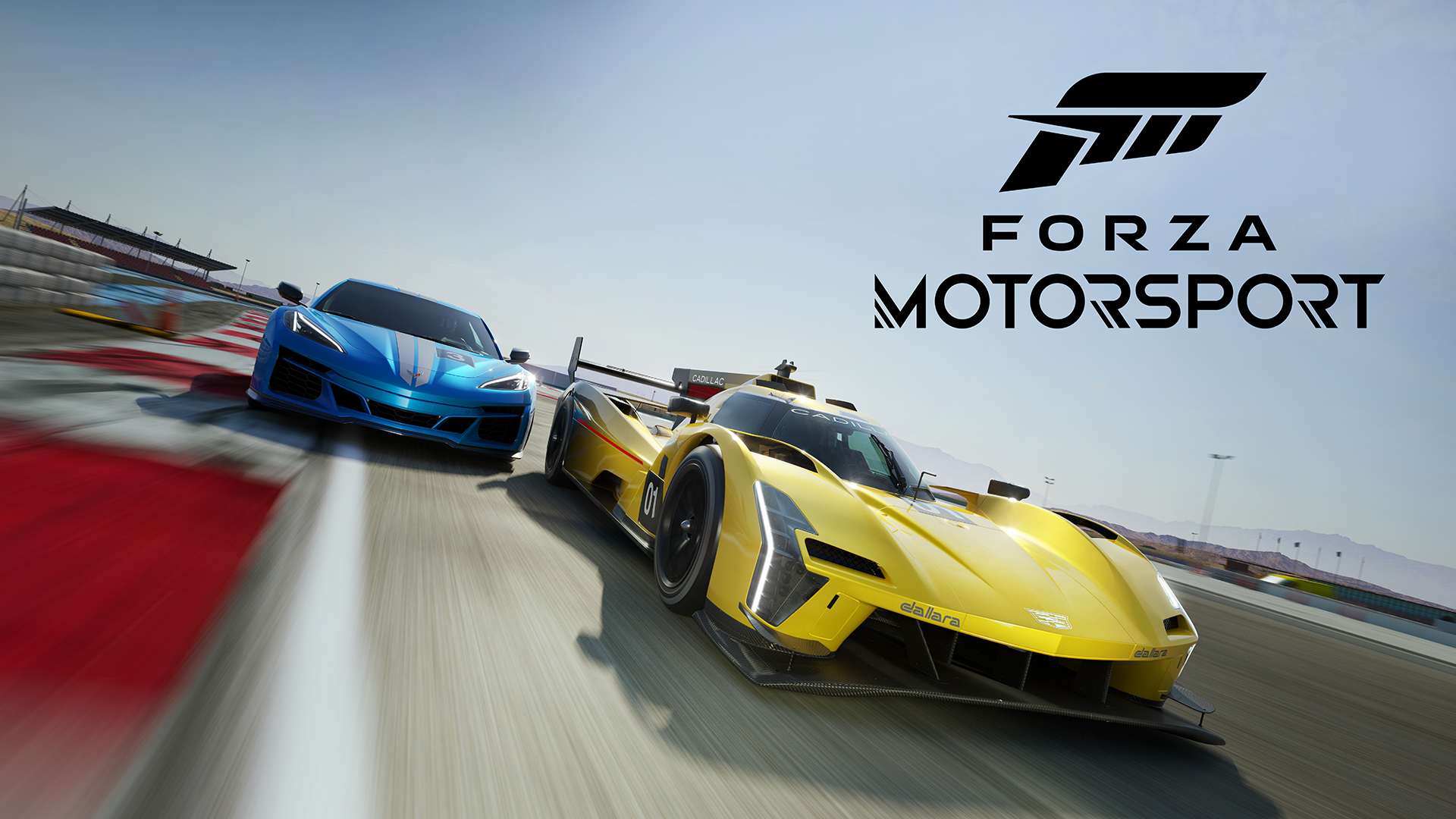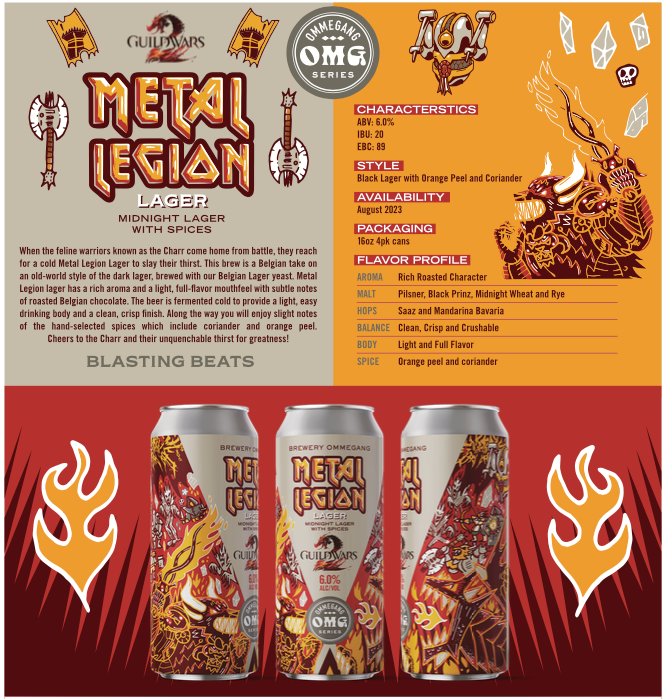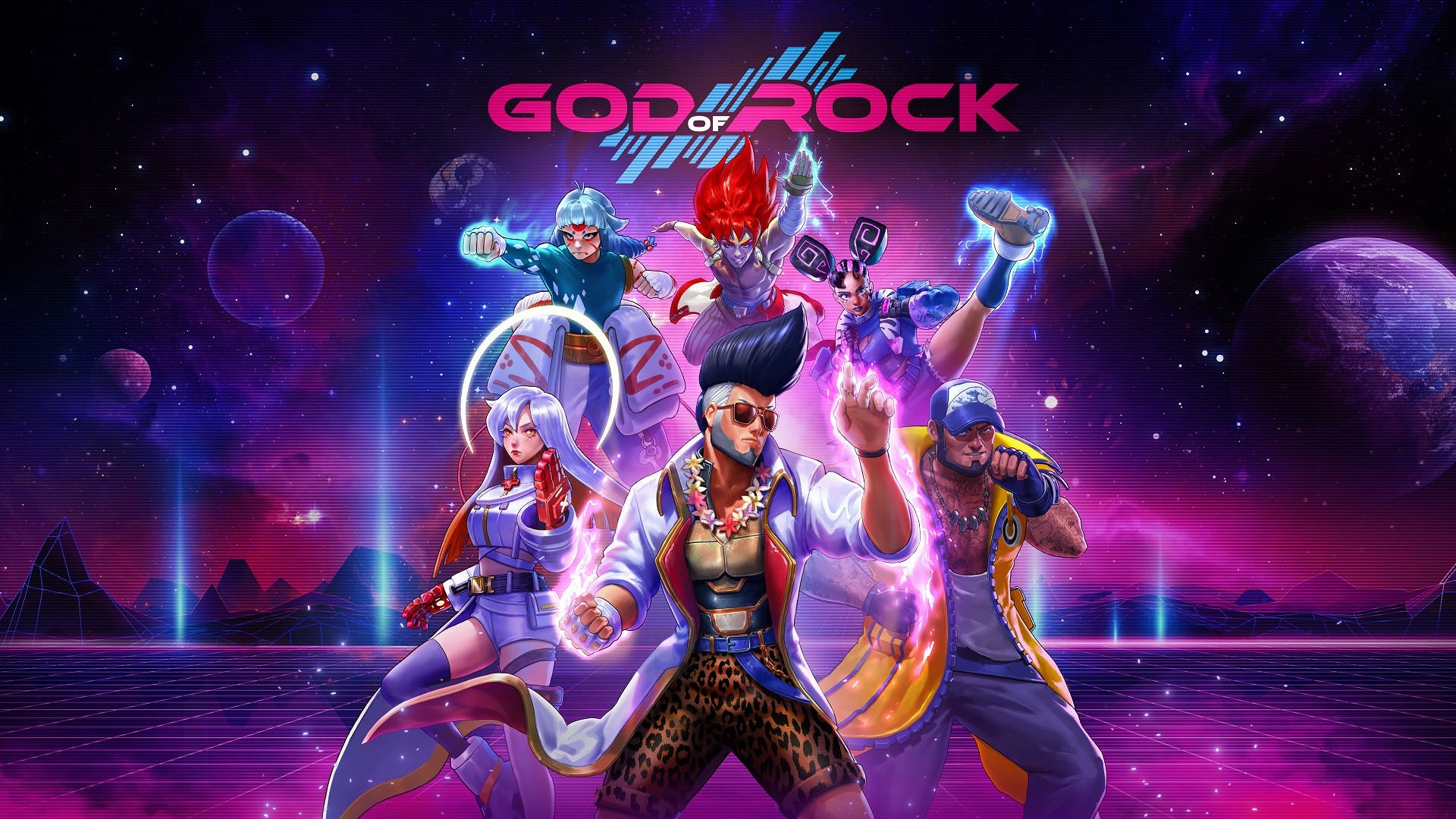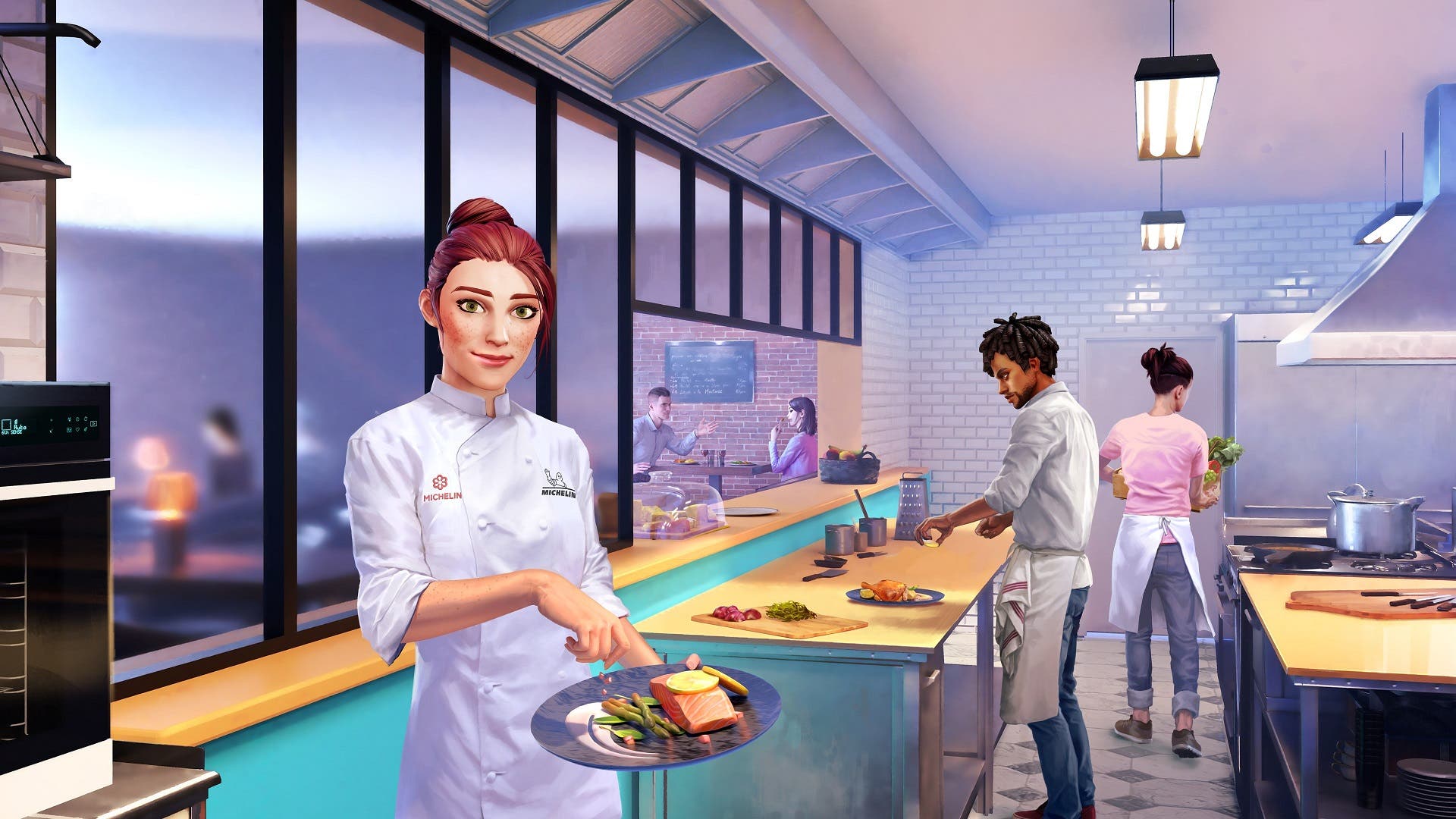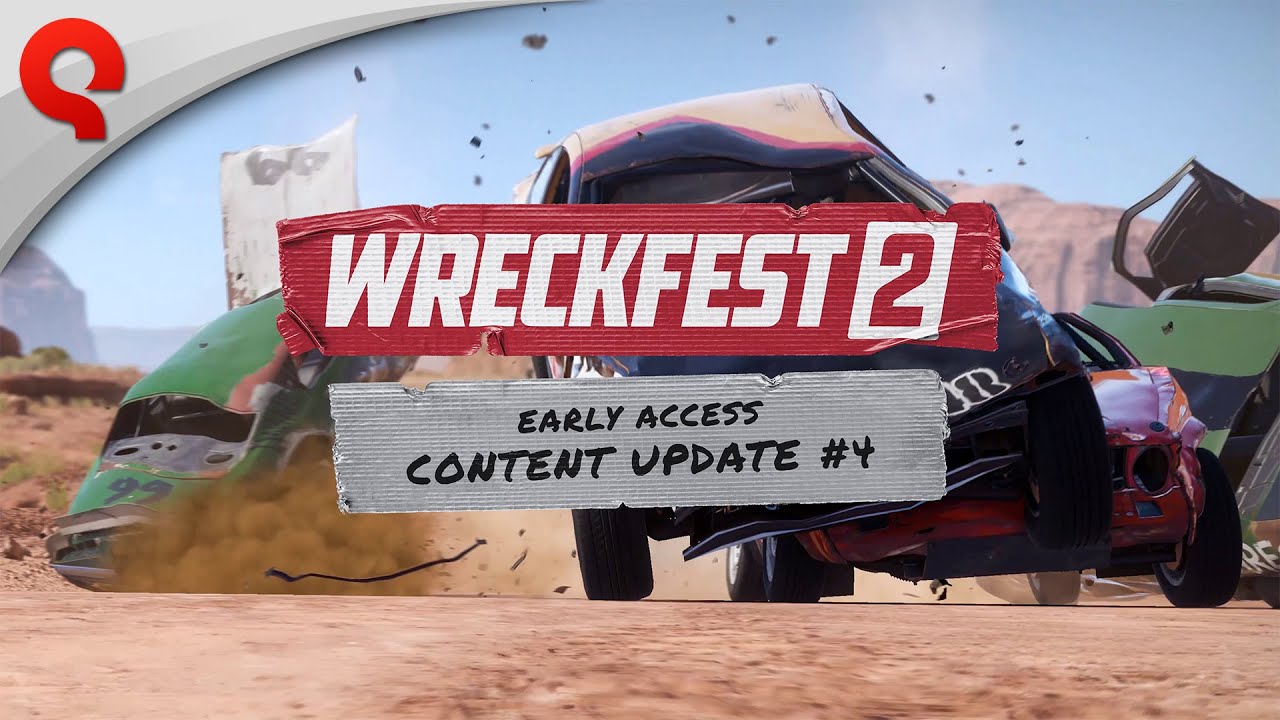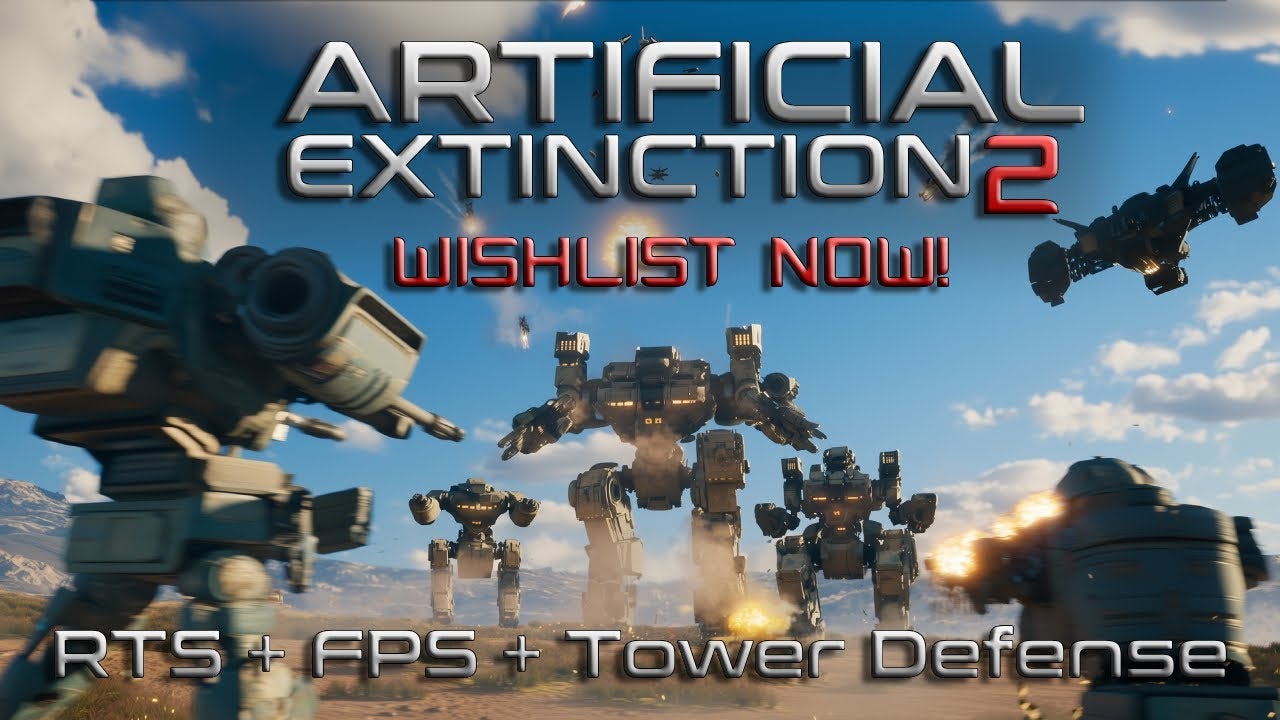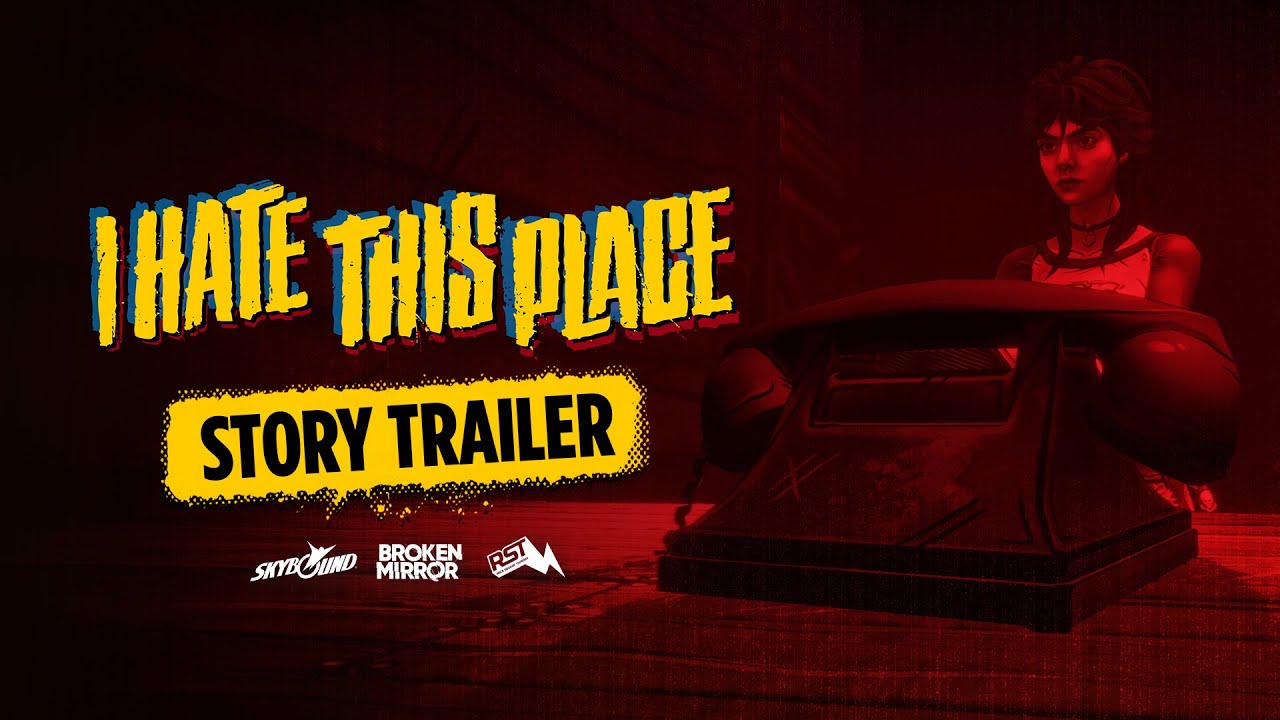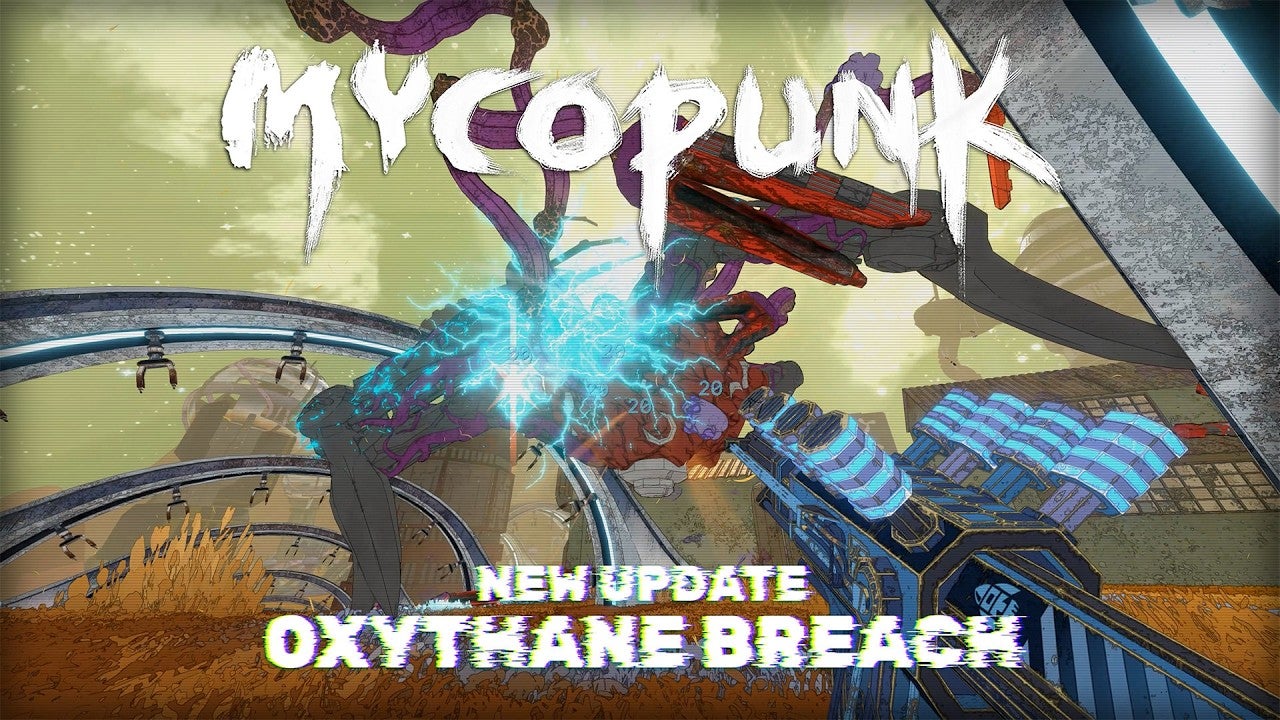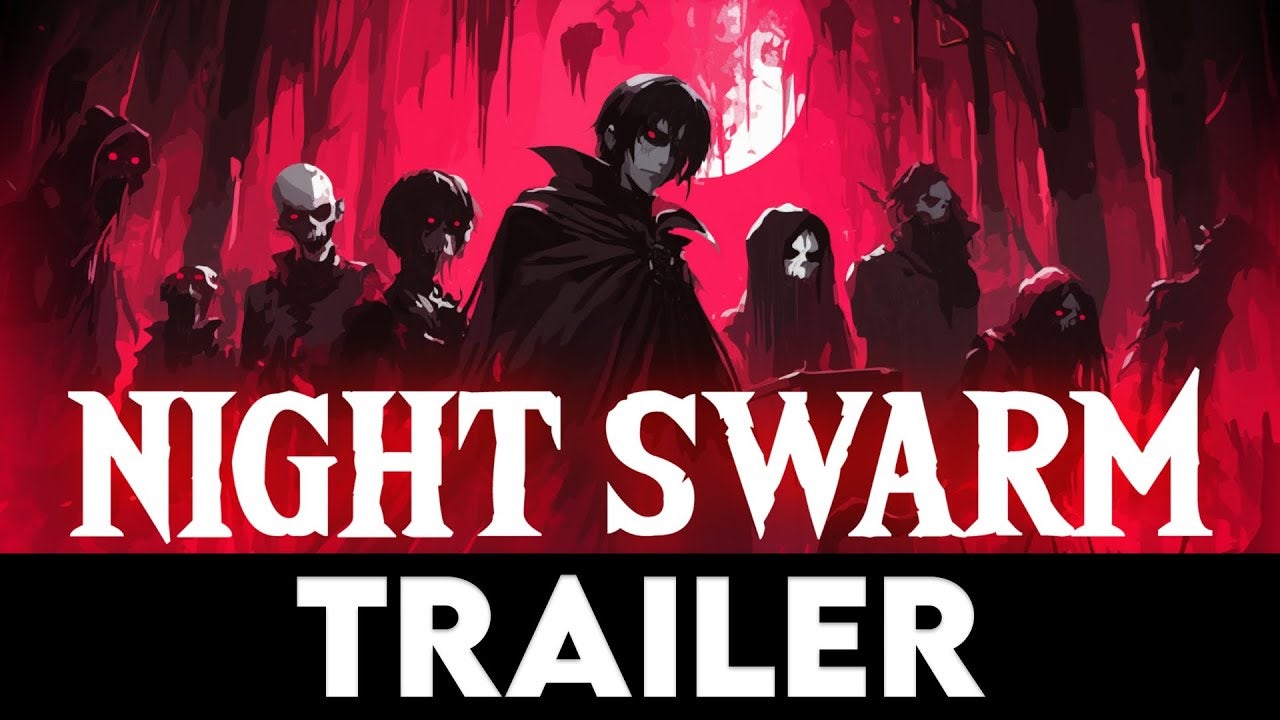About the author: Ed Acosta
- Profile
Posts by Ed:
FIFINE Ampligame AM8 RGB USB/XLR Dynamic Mic Review
Feb 26, 2024
In a world saturated with audio equipment, the FIFINE AM8 microphone is a beacon of affordability without compromising quality and versatility. But does the AM8’s design, features, and performance outclass its budget pricing, or are you getting what you pay for?
Lake – Season’s Greetings Review
Dec 08, 2023
About a year ago, I reviewed a fun and relaxing game by the name of Lake. Lake fits the definition of a “Cozy Game” to a T. It’s simple to understand, it’s lenient so as not to cause stress, and it lets you take in your surroundings and characters. In Lake, you play as Meredith Weiss, a young lady returning home after 20 years living away from her hometown of Providence Oaks, Oregon. She returns because her parents are off on vacation, and Meredith’s father, Thomas, has asked her to come to housesit and take on a few of his postal mail routes. As you progressed, you learned more about Meredith and the town. You got to choose your dialogue to build Meredith’s story and interact with some fun townsfolk, maybe even fall in love! With the holiday season upon us, Gamious has delivered us a present early with a return to Providence Oaks in this prequel DLC.
The Jackbox Party Pack 10 Review
Oct 18, 2023
Has another year already passed? Short of being a national holiday, Fall is Jackbox Season, and Jackbox Games Inc. brings us the 10th installment of the very popular party game, The Jackbox Party Pack! Let’s throw some respect at Jackbox Games Inc. for releasing ten whole packs of games in nine years. That’s no easy feat! On top of that, almost every release has been excellent, or at least a few key games were the highlights. Just think, nine years of the game that’s been a banger for parties, hangouts, sleepovers, and streams. Then there is this year. This year, The Jackbox Party Pack 10 includes some of the strongest sets of games in any one pack, period.
Assassin’s Creed Mirage Review
Oct 04, 2023
Taking place nine centuries after Assassin’s Creed Origins and only 11 years before Valhalla, Assassin’s Creed Mirage tells the tale of Basim Ibn Is’haq. If you played Valhalla, you know how his story unfolds and ends — so I won’t spoil that for you. But know, in Mirage, you are getting his origin story. You won’t have to have prior knowledge of Basim to play Mirage.
Forza Motorsport (2023) Review
Oct 04, 2023
It’s been many years since Forza Motorsport 7, but Turn 10 Studios has turned the key and reignited the beast that is Motorsport. Have the years of development time been worth the wait? Are they able to make something that was getting stale fresh again? Read on, dear driver, read on.
LEGO 2K Drive Review
May 25, 2023
LEGO 2K Drive, developed by Visual Concepts, takes players on an exhilarating journey through LEGO’s colorful and imaginative world. With its fun arcade physics and an array of exciting features, this kart racer is an excellent option for fans of the genre. The game has enjoyable gameplay, multiplayer options, immersive visuals, extensive vehicle selection, open-world exploration, and entertaining storytelling; all wrapped up in one full-fledged package.
God of Rock Review
May 19, 2023
In gaming, few genres seem at odds with one another and feel like they’re strangely similar, one of those pairs being fighting and rhythm games. They stand at opposite ends of the spectrum, requiring distinct approaches for success. Rhythm games demand mechanical precision, while fighting games necessitate a profound comprehension of button inputs and your opponent’s arsenal of moves. But because both key into specific timing, one could easily see how these two genres could find harmony with one another, but alas, in the case of God of Rock, their integration with often results in a visual mess.
Destiny 2: Lightfall Review
Apr 10, 2023
“To infinity and beyond!” is precisely what I think every time I see the name of Destiny 2’s latest add-on, Lightfall. Not only is it close enough in name, but that logo is taking some hard inspiration from Lightyear. In their defense, I’m positive it’s a style synonymous with the 80’s sci-fi future; I just can’t put a name to it. But in Bungie’s latest expansion to their popular looter-shooter, they took that 80’s inspired sci-fi aesthetic and ran with it. Along with the look, they introduced major gameplay tweaks, an exciting new subclass, and fresh Exotic gear. But that campaign, well, it’s lacking on the story front.
Chef Life: A Restaurant Simulator Review
Apr 10, 2023
As someone who enjoys cooking but has never worked in a restaurant kitchen, I was eager to dive into Cyanide’s Chef Life: A Restaurant Simulator. And I have to say I was not disappointed. This game honors the cycle of prep and service that goes into restaurant management while keeping things grounded for a fun gameplay experience.
Popular
© 2011-2025 Saving Content
